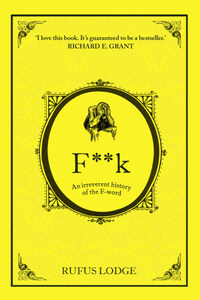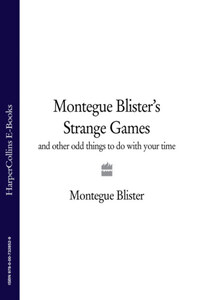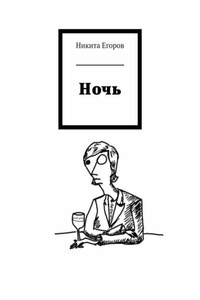F**k: An Irreverent History of the F-Word

An amusing, informative, controversial and utterly irreverent history of the world’s favourite word.F, U, C and K – four letters that can cause outrage, scandal, embarrassment or instant relief if you hit your thumb with a hammer.In this wide-ranging and frequently hilarious history of the F-word, Rufus Lodge searches out the origins of our language’s most popular obscenity, and chronicles its dramatic arrival in our everyday lives. As he discovers, the F-word can be heard among aristocrats and astronauts, rock stars and royals, poets and politicians, even in the company of Father Ted and Basil Brush.No-one is safe from the F-word’s outrageous progress, as innocent animals, fragrant mothers and squeaky-clean TV hosts are dragged into the fray. The cast of characters includes Shakespeare, the Beatles, Andy Murray, T.S. Eliot, Elton, Camilla and everyone unfortunate enough to live in an Austrian town with a very embarrassing name.F*** is a cavalcade of priceless anecdotes, historical research, filthy jokes and definitions too devious for any decent dictionary – guaranteed to make you laugh, and broaden your vocabulary*.* The publisher takes no responsibility for any embarrassment caused when readers drop the F-bomb after reading this book.







